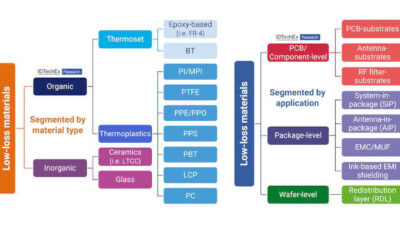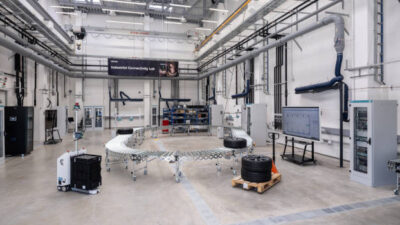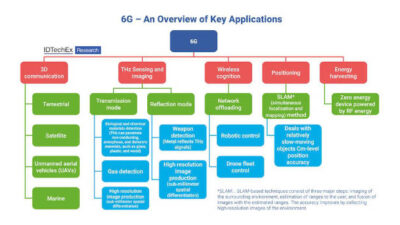A recent survey of 200 manufacturing executives found that more companies are relying on Big Data for their business, though some remain skeptical of the benefits it can provide.

Many industries such as automotive, discrete, and process manufacturing are increasingly relying on Big Data analytics to help them survive tough business conditions according to a report that surveyed more than 200 manufacturing executives. The survey asked manufacturing executives about their interest in data being delivered from Internet of Things (IoT) devices. Two-thirds of respondents said they have plans to invest in data analytics in the future, even if they make spending cuts to other areas based on tough business conditions.
Data analytics can help businesses in many ways, especially in the Industrial Internet of Things (IIoT) sector. Many of the executives who were surveyed had positive views on the benefits and potential of Big Data. They agreed that analytics can reduce equipment breakdown (70%), unscheduled downtime (68%), unscheduled maintenance (64%) and supply chain management issues (60%).
Ahead of the curve
The respondents were also confident that data can help them and their employees make will-informed decisions (63%), limit waste (57%) and predict downtime risks (56 percent).
Two-thirds of respondents noted that they’re already investing in Big Data, while 50% said their companies will be doing so in the distant future. Fifteen percent said their companies are "ahead of the curve" thanks to Big Data.
Lack of knowledge leaves some skeptical
However, not everyone is sold on the idea of data analytics. More than a quarter indicated that they don’t have any current plans to invest in Big Data and IoT within the next year or so.
Some of the respondents said they don’t have enough knowledge to be able to justify spending on the technology, while others cited a lack of resources and time.
More than half (61%) reported that they already have cost-effective, reliable systems in place to ensure safety and success. And 45% said their companies are growing without Big Data. Meanwhile, 35% said people are "overstating" the benefits.
Looking forward
Andrew Hird, vice president and general manager at HPS Digital Transformation, said: "Executives need to keep their businesses running smoothly and safely, and they’re banking on IIoT technologies to help navigate challenges, even during cash-strapped times," he said.
Tim Clark, head of manufacturing solutions at SAS UK and Ireland, said businesses need to understand that the IoT has many benefits. "The manufacturing industry is set to accrue the greatest economic benefits from Big Data and the Internet of Things," he said.
Clark added, "This can be attributed to the diversity of firms in the industry, and the variety of areas in which efficiency gains achieved through the use of Big Data and Big Data analytics can be made, such as improved supply chain management and enhanced customer intelligence.
"Traditionally, manufacturers have focused on promoting the mechanics of their products, but they need to understand that the IoT is a game-changer. Now manufacturers are able to harness large sets of data from suppliers and equipment. The streaming of live data and real-time analytics, which is possible via the IoT, can improve production and reduce costs. The bottom line is: you can’t commoditize the IoT without data analytics."
Nicholas Fearn is editor at Internet of Business, which is hosting the Internet of Manufacturing Conference November 1-2, 2016, in Chicago. Internet of Business is a CFE Media content partner. This article originally appeared here. Edited by Chris Vavra, production editor, CFE Media, [email protected].
ONLINE extra
See additional stories about the Internet of Things (IoT) linked below.



